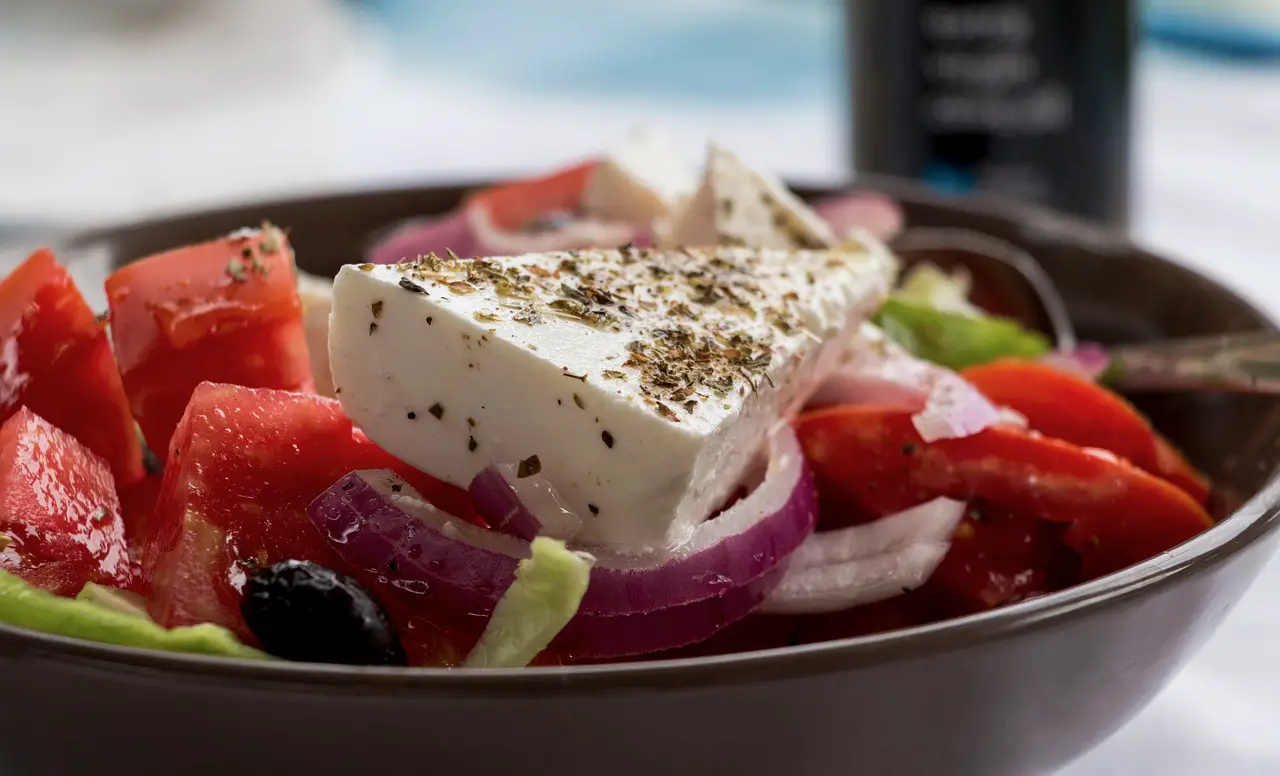In the world of food, there are a lot of different cultures that have influenced us. One of these is the Mediterranean. It’s a region in Europe where people have been eating healthy for centuries. They eat a lot of olive oil, nuts, and vegetables and they shun processed foods.
Another is Greek – it’s a culture located in the southern part of Europe on the Peloponnese peninsula. It’s known for healthy cuisine that has been around since ancient times filled with fresh seafood and legumes. Greeks also eat yogurt on a regular basis to help keep their gut healthy!
Some people may think that they’re one and the same but they’re actually very different. If you want to learn about all the differences, read our blog post below!
Greece Vs. Mediterranean : What’s the Difference?
If you’ve ever wondered what the difference is between Greek and Mediterranean, we’ve got an answer for you! You may not know that they are two completely different cultures. To learn more, check out our blog post below!
The Importance of Olive Oil in the Mediterranean Diet
People in the Mediterranean region have long enjoyed a diet rich in olive oil. Greeks actually consume more olive oil than Americans do. One of the many reasons why they enjoy it is because it’s not only healthy for them, but also for their digestive system.
Olive oil helps improve digestive health by producing certain acids that help break down food and reduce inflammation. Eating a diet high in processed foods can cause gut problems like irritable bowel syndrome, ulcerative colitis, Crohn’s Disease, and constipation.
But this isn’t an issue when you eat a Mediterranean diet because you get all of your nutrients from natural foods instead of processed ones.
All About Yogurt
One of the major differences is that the Greeks eat yogurt on a regular basis. Yogurt is made from fermented milk and there are different types of them, like salted yogurt, sour cream, and even vegan yogurt. It’s high in protein, calcium, and vitamin B12. You can also make desserts with it!
Another difference is that they eat bread more commonly than most other Mediterranean cultures. What’s interesting about this is that they typically use whole grain bread instead of white bread which helps with digestion.
Greek food uses a lot of olive oil which has been shown to be good for heart health. And since Greek people don’t eat processed foods often, they have lower rates of diabetes than some countries that heavily rely on processed foods.
Conclusion
The Mediterranean diet has been shown to offer significant benefits to your health. So, if you’re looking to adopt a healthier lifestyle, it’s time to start incorporating more Mediterranean foods into your diet.
Begin by looking at the ingredients in the food you eat. If it contains items like olive oil, nuts, whole grains, vegetables, fruits, and fish, it is likely Mediterranean in nature.
And if it contains items like butter, cream, lard, cheese, pastries, and ham, it is likely Greek.

